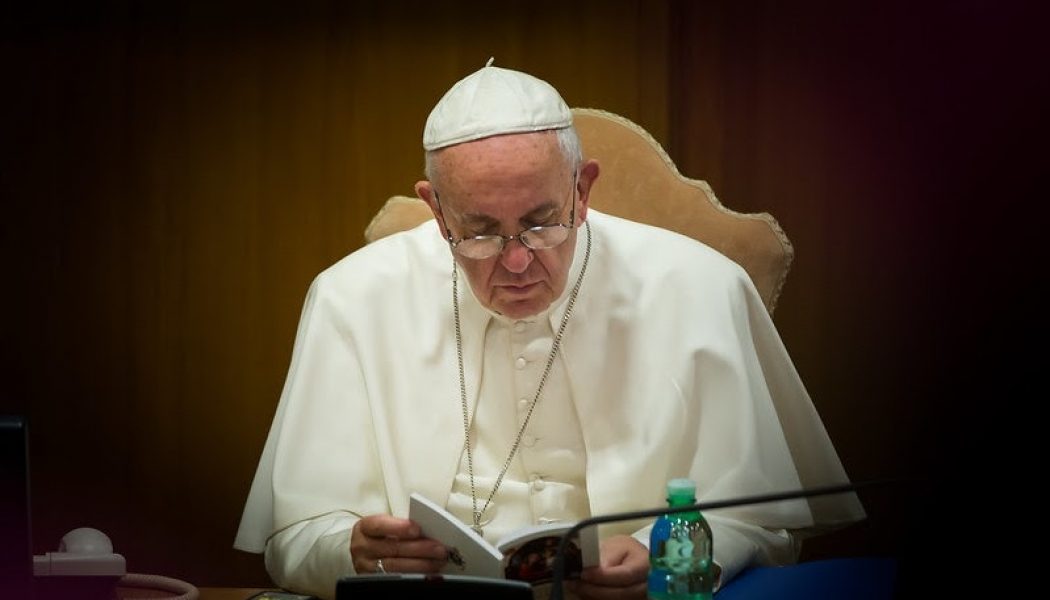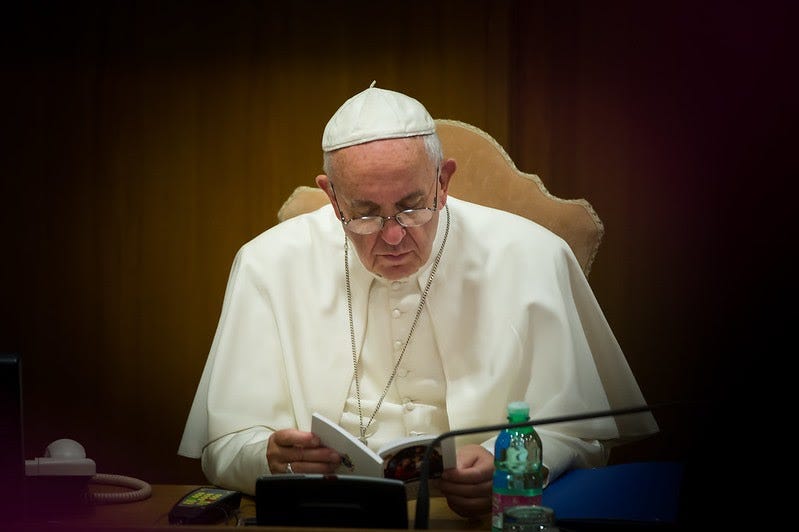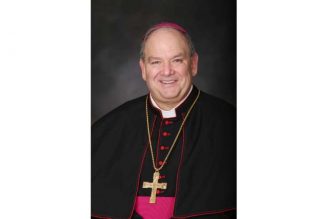Pope Francis has issued a new Vatican law that aims to combat corruption by senior officials in the curia and in the city state, and that bars investments in companies or businesses “contrary to the social doctrine of the Church.”
The new law also aims to end customary cash gifts exchanged among Church officials and those with whom they work, by prohibiting officials from receiving nearly any gift of cash. Such gifts came under heavy criticism in the wake of the Theodore McCarrick scandal.
The law comes days after the Vatican faced criticism for past investments in pharmaceutical companies which produce abortifacient drugs, and ahead of a new report on the Vatican from international anti-money laundering watchdogs.
The pope published on Thursday a motu proprio, “On provisions on transparency in the management of public finances,” which provides new standards for senior officials, including a required declaration of their personal financial interests and an affirmation that they are not subject to international criminal investigations.
The new rules also single out specific behaviors by curial officials and senior churchmen subject to media criticism in recent months, and even days, suggesting that Francis is continuing to take direct legal action in the light of the ongoing financial scandals at the Vatican.
Specifically prohibited are “shareholdings or interests of any kind in companies or firms operating for purposes and in sectors contrary to the Social Doctrine of the Church.”
Speaking to The Pillar earlier this week, a former senior official at the Secretariat for the Economy said that Cardinal Pell, during his tenure as prefect of the secretariat, had faced strong opposition to bringing in a code on ethical investments for Vatican departments.
The law applies to any official involved in “procedures leading to the making of financial commitments of any kind by [a Vatican] institution.”
The law, signed by the pope on April 26, comes in advance of a forthcoming report by Moneyval, the Council of Europe’s anti-money laundering watchdog, which conducted an on-site inspection in the Vatican last year. Moneyval is expected to release a report assessing Holy See progress in combating financial crimes in the coming days.
“Faithfulness in matters of little account is related, according to Scripture, to faithfulness in things of importance, just as being dishonest in things of little importance is related to being dishonest in things of importance,” observed the pope in the preamble of the new law.
“The Holy See, in adhering to the United Nations Convention against Corruption (Merida Convention), has decided to conform to best practices for preventing and combating corruption in its various forms.”
The new law requires all senior curial officials, including cardinal prefects leading Vatican congregations to sign at the time they assume office a declaration that they have not been convicted of any crime, either in the Vatican or abroad, benefited from a legal pardon, and are not subject to any criminal investigation.
The crimes related to the new declaration specifically include: “participation in a criminal organisation; corruption; fraud; terrorism or terrorism-related activities; laundering of proceeds of criminal activities; exploitation of minors, forms of trafficking in or exploitation of human beings, tax evasion or avoidance.”
Vatican officials are also prohibited from financial holdings, even by proxy or through a family member, in countries identified by the Vatican’s financial watchdog ASIF or the Secretariat for the Economy as being a possible haven for money laundering.
Curial officials must renew the declaration every two years. The Secretariat for the Economy is given the power to investigate the “veracity” of those statements if it has reason to suspect there may be omissions or falsehoods.
The law also prohibits officials from “accepting or soliciting, for themselves or for persons other than the Institution in which they work, by reason or on the occasion of their office, gifts, presents or other benefits of a value greater than forty euros,” effectively suppressing the Vatican’s “envelope culture” in which senior officials often receive large cash gifts as gratuities for the work of their departments.
Such gift-giving was especially criticized in the wake of the McCarrick scandal, the disgraced former cardinal was found to have made frequent donations of this kind, although the Vatican’s own McCarrick Report denied any link between this practice and McCarrick’s ability to rise in the Church despite decades of allegations of sexual misconduct.
The Pillar has been told that the practice remained operative even after the McCarrick scandal, with some serving prelates from different countries continuing to offer cash gifts to the heads of Vatican dicasteries, especially around Christmas. While such gifts, The Pillar has been told, are usually received and deposited in the funds of the diacastery, this arrangement was optional.
The specific reference to financial holdings of family members in the new law will be read by many as a reference to the scandal surrounding the disgraced Cardinal Angelo Becciu, formerly the prefect of the Congregation for the Causes of Saints and sostituto at the Secretariat of State.
Becciu was forced by the pope to resign his curial position and the rights of a cardinal in September last year, after Vatican prosecutors reportedly presented the pope with a dossier of allegations and evidence related to financial misconduct. Becciu subsequently had to defend himself after media reports surfaced regarding his family’s financial ties to Church institutions.
Gianluigi Torzi, the businessman at the center of the London property deal, is currently the subject of arrest warrants in the Vatican and in Italy on charges of extortion, money laundering, embezzlement, and tax evasion.
Fabrizio Tirabassi, a lay official at the Secretariat of State charged with administering the departments investments, has been shown to have been a director of one of Torzi’s companies at the time Torzi was charged with brokering the final sale of the London building to the secretariat for hundreds of millions of euros.
The new law is the third time Pope Francis has changed Vatican laws related to financial crimes in the past year. In May, 2020, the pope issued new rules governing public expenditures and the tendering of contracts by Vatican institutions. In February of this year, Francis made changes to the criminal code of Vatican City, making it easier to try cases of financial crimes.
Join Our Telegram Group : Salvation & Prosperity





